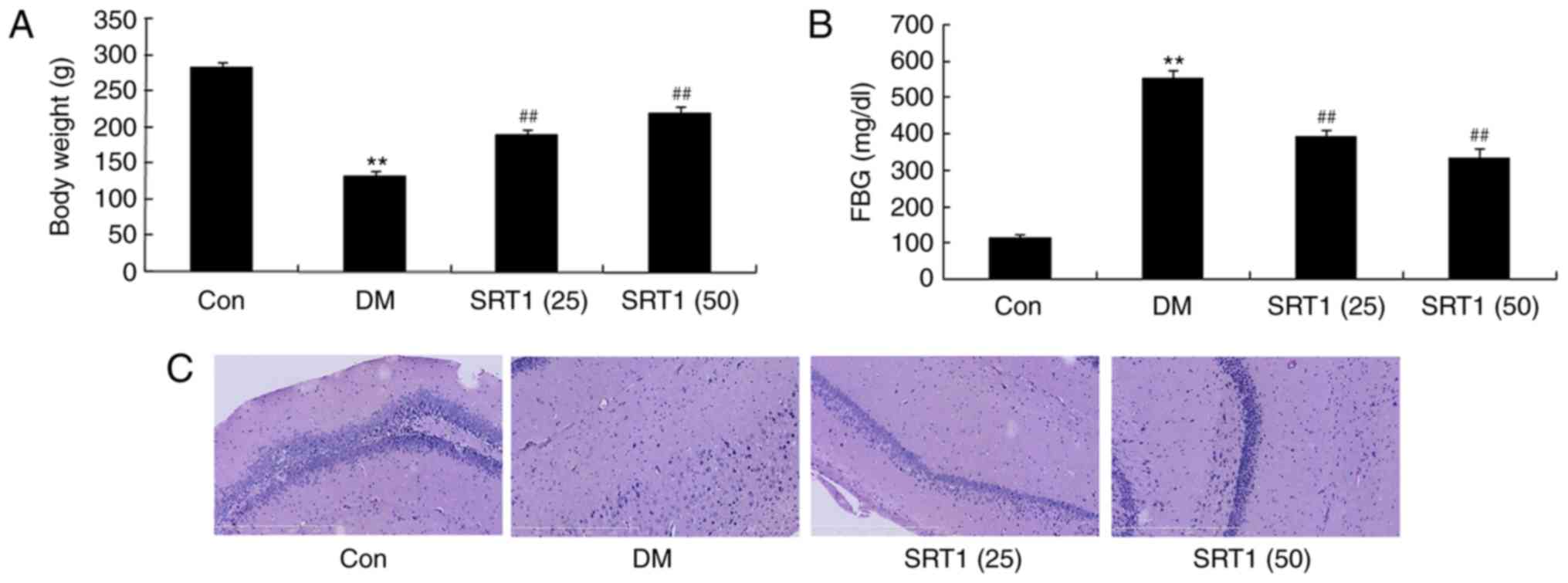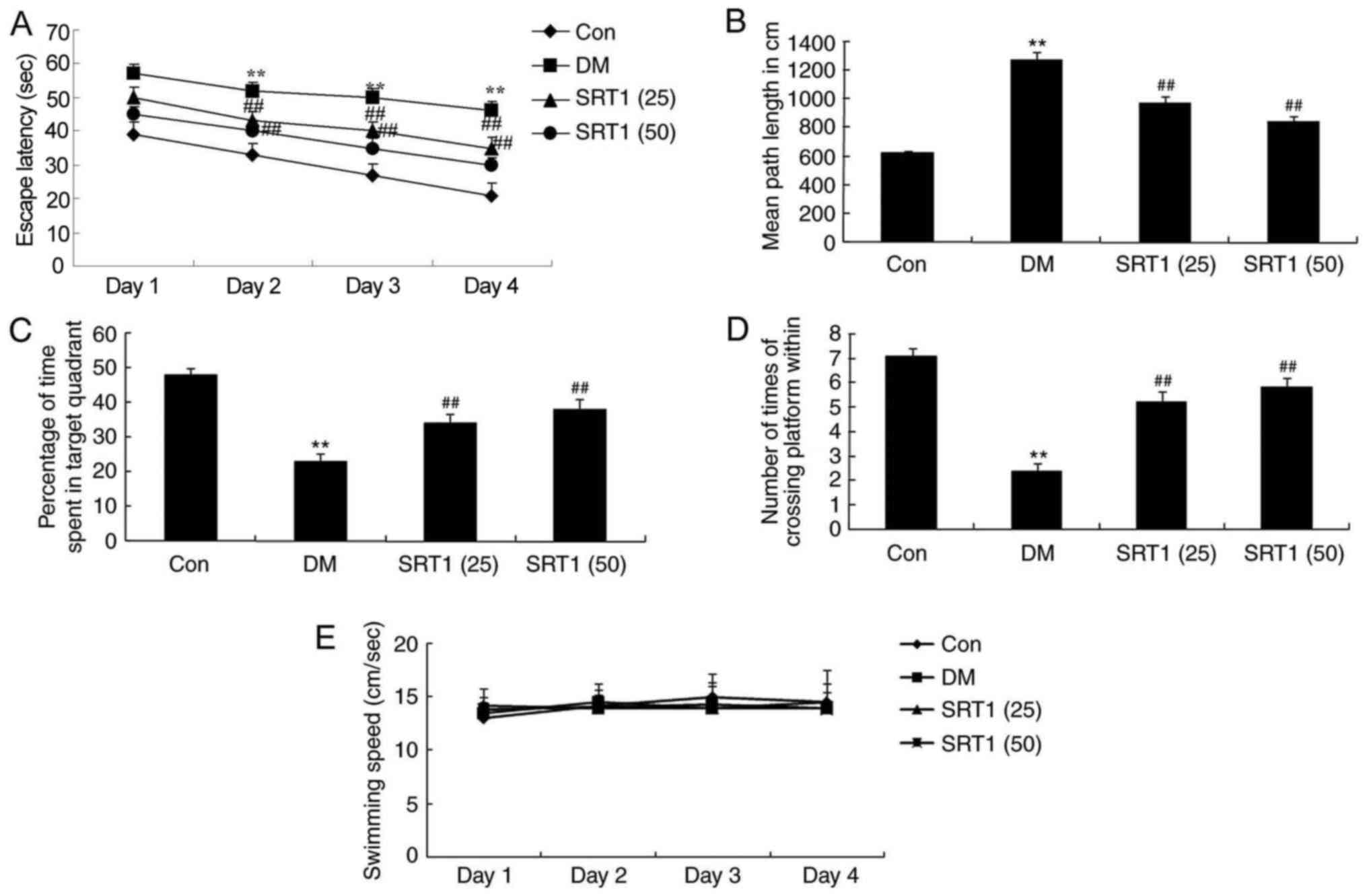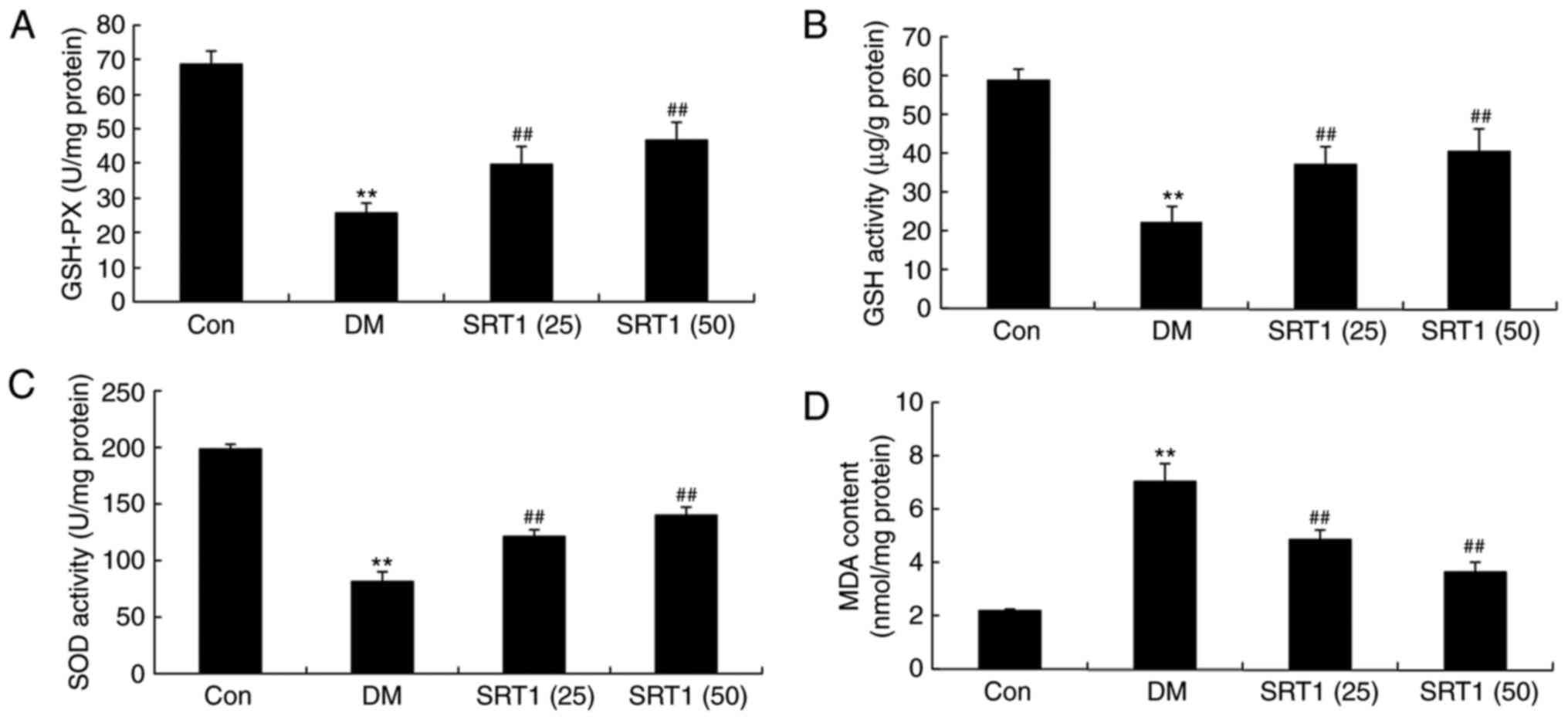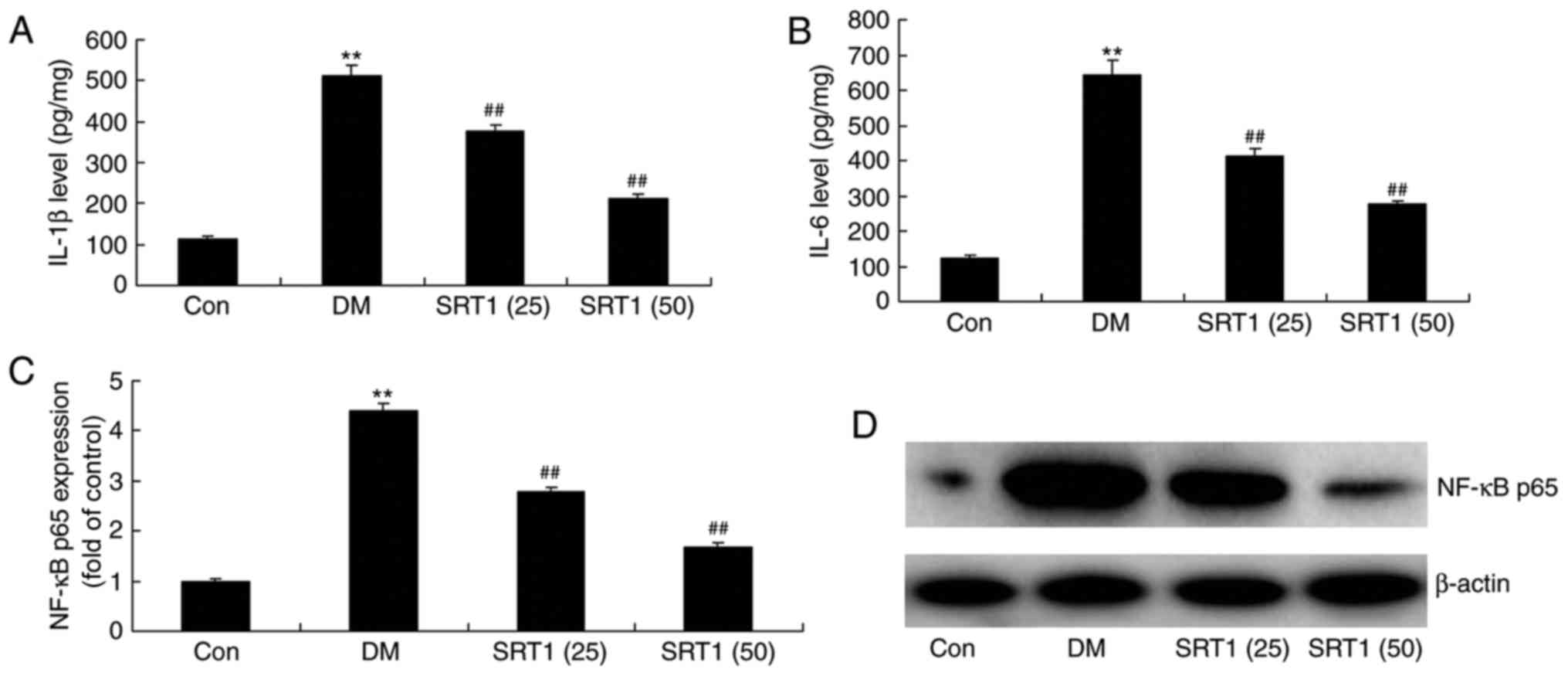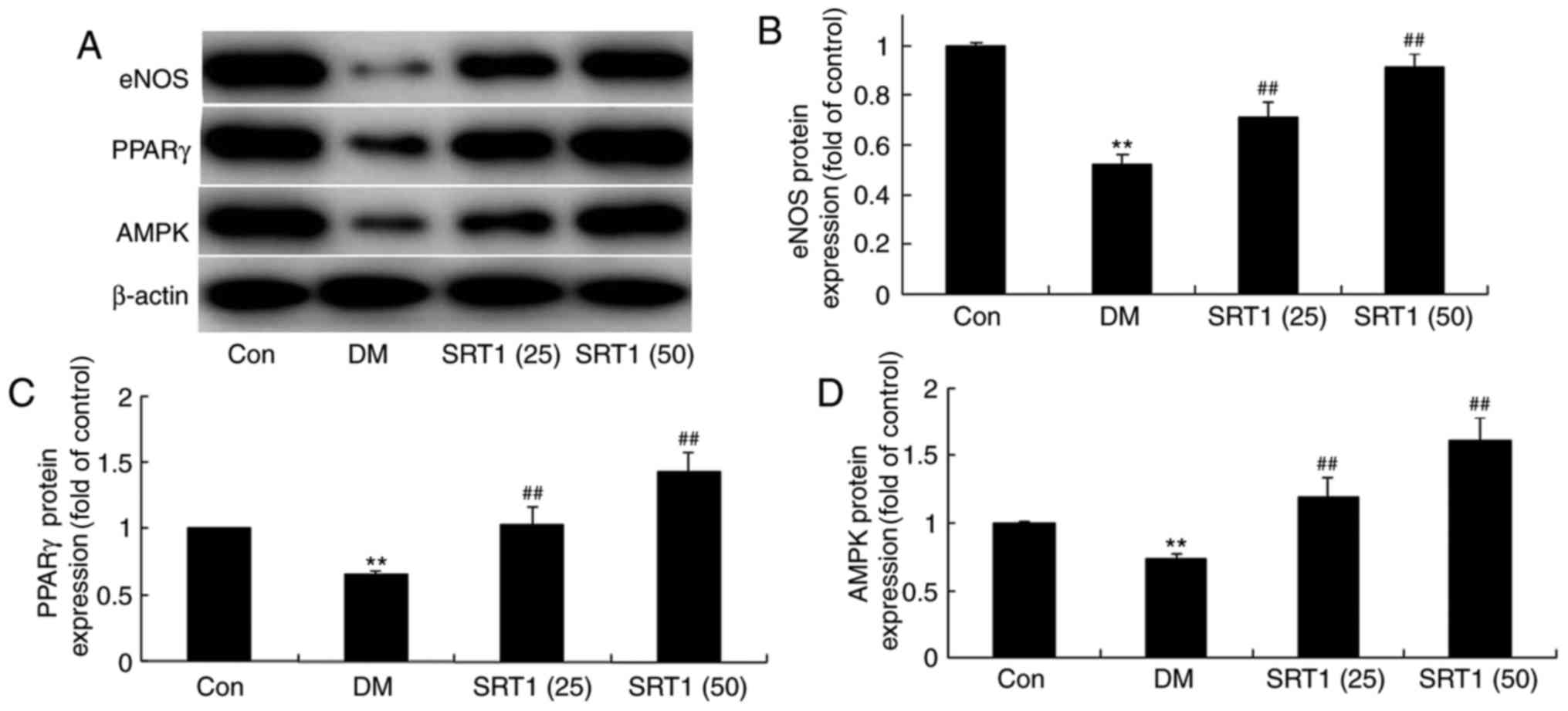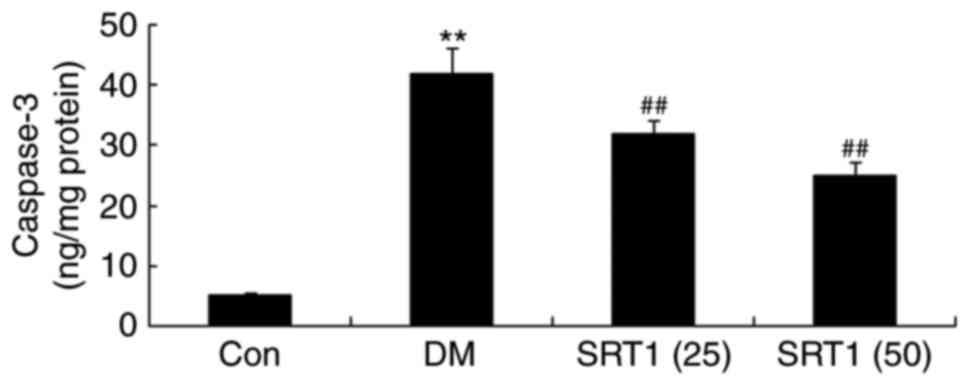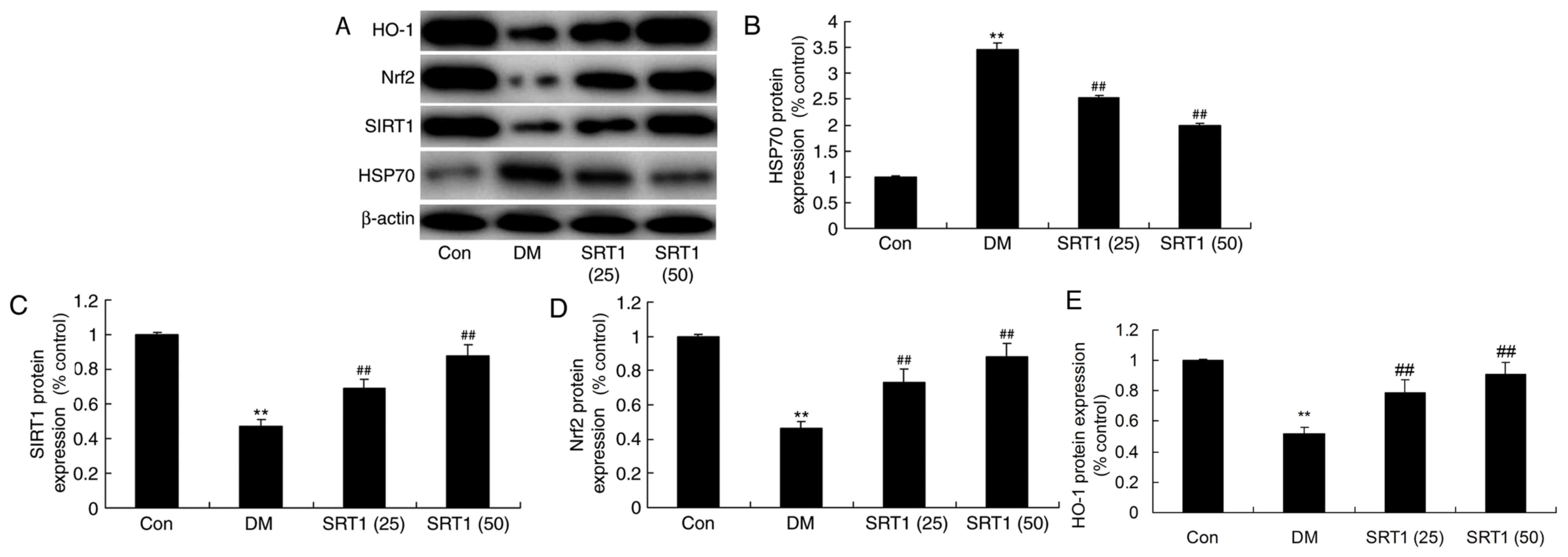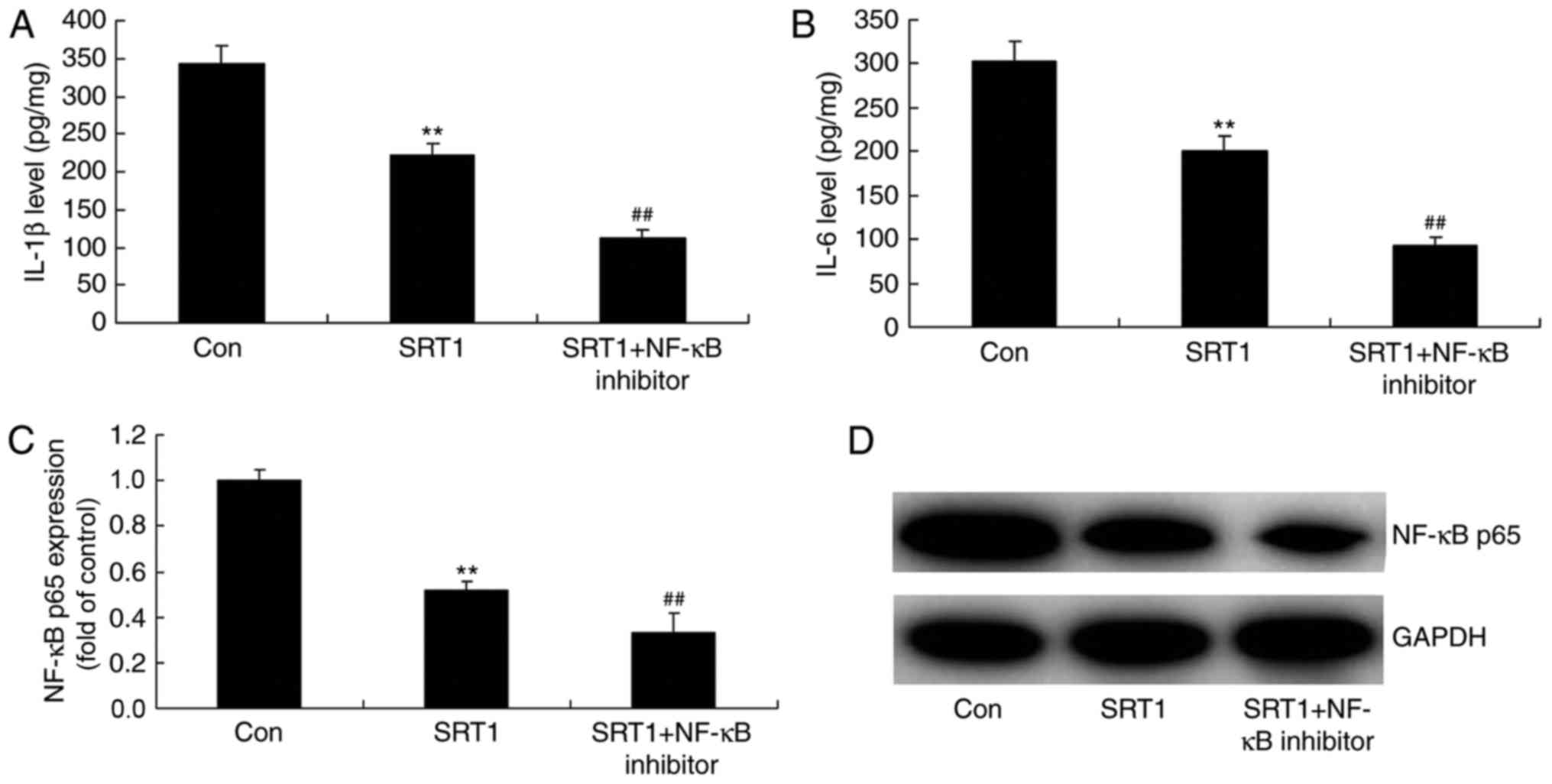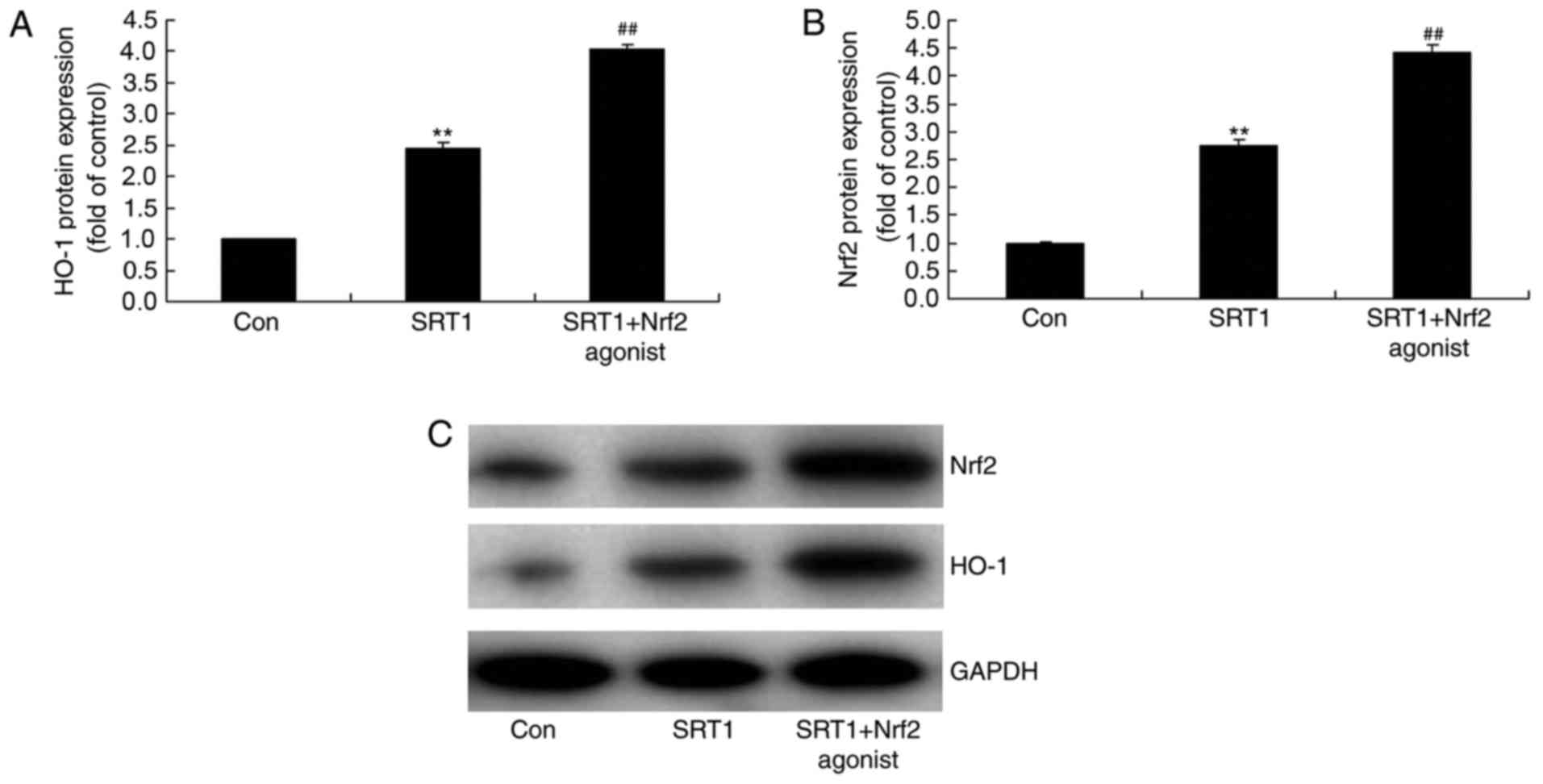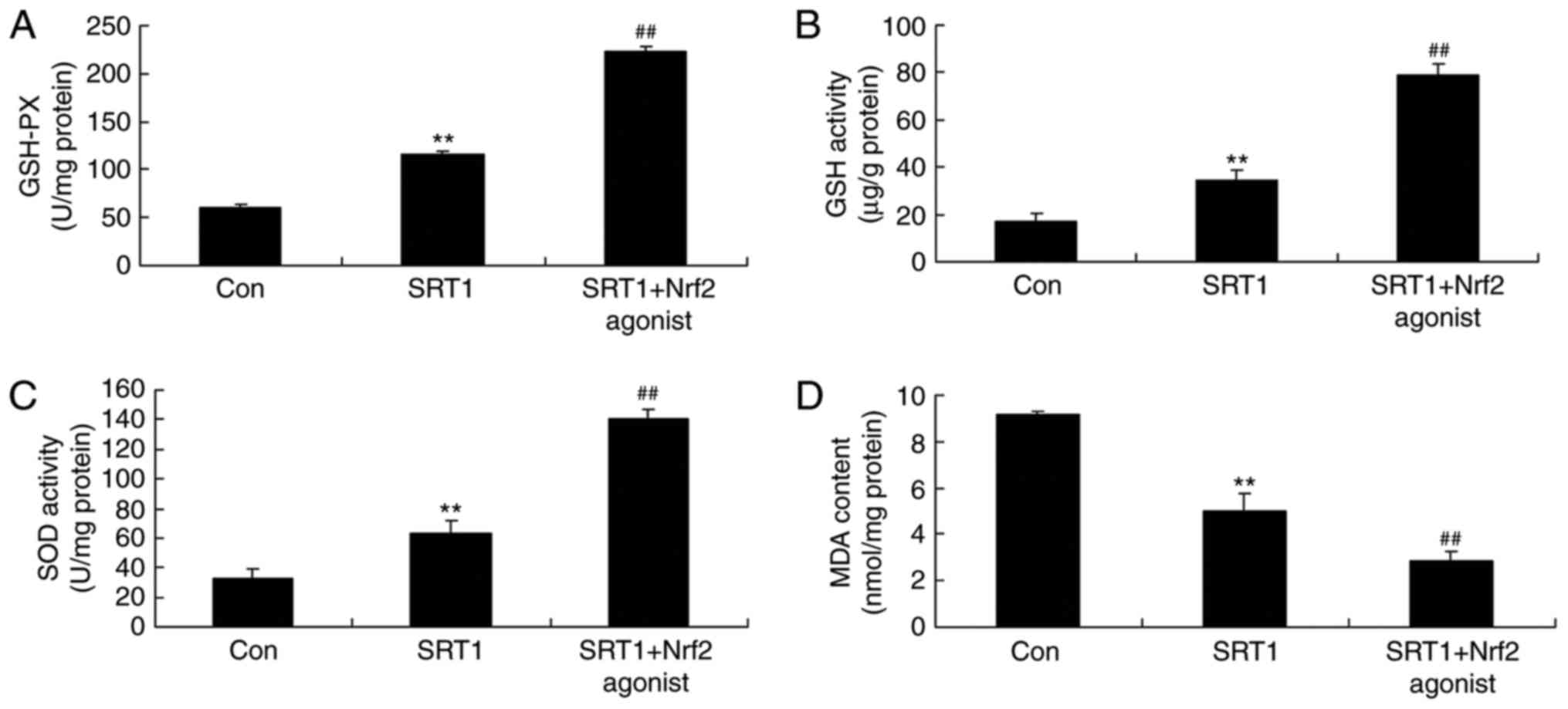|
1
|
Shikora S, Toouli J, Herrera MF, Kulseng
B, Zulewski H, Brancatisano R, Kow L, Pantoja JP, Johnsen G,
Brancatisano A, et al: Vagal blocking improves glycemic control and
elevated blood pressure in obese subjects with type 2 diabetes
mellitus. J Obes. 2013:2456832013. View Article : Google Scholar : PubMed/NCBI
|
|
2
|
Fonseca VA, Ferrannini E, Wilding JP,
Wilpshaar W, Dhanjal P, Ball G and Klasen S: Active- and
placebo-controlled dose-finding study to assess the efficacy,
safety and tolerability of multiple doses of ipragliflozin in
patients with type 2 diabetes mellitus. J Diabetes Complications.
27:268–273. 2013. View Article : Google Scholar : PubMed/NCBI
|
|
3
|
Liang L, Stone RC, Stojadinovic O, Ramirez
H, Pastar I, Maione AG, Smith A, Yanez V, Veves A, Kirsner RS, et
al: Integrative analysis of miRNA and mRNA paired expression
profiling of primary fibroblast derived from diabetic foot ulcers
reveals multiple impaired cellular functions. Wound Repair Regen.
24:943–953. 2016. View Article : Google Scholar : PubMed/NCBI
|
|
4
|
Zhang J, Sun XJ, Chen J, Hu ZW, Wang L, Gu
DM and Wang AP: Increasing the miR-126 expression in the peripheral
blood of patients with diabetic foot ulcers treated with maggot
debridement therapy. J Diabetes Complications. 31:241–244. 2017.
View Article : Google Scholar : PubMed/NCBI
|
|
5
|
Madhyastha R, Madhyastha H, Pengjam Y,
Nakajima Y, Omura S and Maruyama M: NFkappaB activation is
essential for miR-21 induction by TGFβ1 in high glucose conditions.
Biochem Biophys Res Commun. 451:615–621. 2014. View Article : Google Scholar : PubMed/NCBI
|
|
6
|
Wang T, He R, Zhao J, Mei JC, Shao MZ, Pan
Y, Zhang J, Wu HS, Yu M, Yan WC, et al: Negative pressure wound
therapy inhibits inflammation and upregulates activating
transcription factor-3 and downregulates nuclear factor-kB in
diabetic patients with foot ulcerations. Diabetes Metab Res Rev.
33:2017.doi: 10.1002/dmrr.2871. View Article : Google Scholar
|
|
7
|
Bhat MA and Gandhi G: Elevated oxidative
DNA damage in patients with coronary artery disease and its
association with oxidative stress biomarkers. Acta Cardiol. 1–8.
2018.(Epub ahead of print). View Article : Google Scholar : PubMed/NCBI
|
|
8
|
Yang B, Xu B, Zhao H, Wang YB, Zhang J, Li
CW, Wu Q, Cao YK, Li Y and Cao F: Dioscin protects against coronary
heart disease by reducing oxidative stress and inflammation via
Sirt1/Nrf2 and p38 MAPK pathways. Mol Med Rep. 18:973–980.
2018.PubMed/NCBI
|
|
9
|
Milne JC, Lambert PD, Schenk S, Carney DP,
Smith JJ, Gagne DJ, Jin L, Boss O, Perni RB, Vu CB, et al: Small
molecule activators of SIRT1 as therapeutics for the treatment of
type 2 diabetes. Nature. 450:712–716. 2007. View Article : Google Scholar : PubMed/NCBI
|
|
10
|
Wilmot EG, Davies MJ, Edwardson CL, Gorely
T, Khunti K, Nimmo M, Yates T and Biddle SJ: Rationale and study
design for a randomised controlled trial to reduce sedentary time
in adults at risk of type 2 diabetes mellitus: Project stand
(Sedentary Time ANd diabetes). BMC Public Health. 11:9082011.
View Article : Google Scholar : PubMed/NCBI
|
|
11
|
Shah PS, Todkar JS and Shah SS:
Effectiveness of laparoscopic sleeve gastrectomy on glycemic
control in obese Indians with type 2 diabetes mellitus. Surg Obes
Relat Dis. 6:138–141. 2010. View Article : Google Scholar : PubMed/NCBI
|
|
12
|
Ding P, Ren D, He S, He M, Zhang G, Chen
Y, Sang H, Peng Z and Yan W: Sirt1 mediates improvement in
cognitive defects induced by focal cerebral ischemia following
hyperbaric oxygen preconditioning in rats. Physiol Res.
66:1029–1039. 2017.PubMed/NCBI
|
|
13
|
Palmer R, Nyman E, Penney M, Marley A,
Cedersund G and Agoram B: Effects of IL-1β-blocking therapies in
type 2 diabetes mellitus: A quantitative systems pharmacology
modeling approach to explore underlying mechanisms. CPT
Pharmacometrics Syst Pharmacol. 3:e1182014. View Article : Google Scholar : PubMed/NCBI
|
|
14
|
Raja L, Palanivelu S and Panchanatham S:
Anti-inflammatory property of Kalpaamruthaa on myocardium in type 2
diabetes mellitus induced cardiovascular complication.
Immunopharmacol Immunotoxicol. 35:119–125. 2013. View Article : Google Scholar : PubMed/NCBI
|
|
15
|
Yang J, Zhao P, Wan D, Zhou Q, Wang C, Shu
G, Mei Z and Yang X: Antidiabetic effect of methanolic extract from
berberis julianae Schneid. via activation of AMP-activated protein
kinase in type 2 diabetic mice. Evid Based Complement Alternat Med.
2014:1062062014. View Article : Google Scholar : PubMed/NCBI
|
|
16
|
Russo GL, Russo M and Ungaro P:
AMP-activated protein kinase: A target for old drugs against
diabetes and cancer. Biochem Pharmacol. 86:339–350. 2013.
View Article : Google Scholar : PubMed/NCBI
|
|
17
|
Yang RH, Lin J, Hou XH, Cao R, Yu F, Liu
HQ, Ji AL, Xu XN, Zhang L and Wang F: Effect of docosahexaenoic
acid on hippocampal neurons in high-glucose condition: Involvement
of PI3K/AKT/nuclear factor-kB-mediated inflammatory pathways.
Neuroscience. 274:218–228. 2014. View Article : Google Scholar : PubMed/NCBI
|
|
18
|
Liu S, Xu J, Fang C, Shi C, Zhang X, Yu B
and Yin Y: Over-expression of heat shock protein 70 protects mice
against lung ischemia/reperfusion injury through SIRT1/AMPK/eNOS
pathway. Am J Transl Res. 8:4394–4404. 2016.PubMed/NCBI
|
|
19
|
Kuo YR, Chien CM, Kuo MJ, Wang FS, Huang
EY and Wang CJ: Endothelin-1 expression associated with lipid
peroxidation and nuclear factor-kB activation in type 2 diabetes
mellitus patients with angiopathy and limb amputation. Plast
Reconstr Surg. 137:187e–195e. 2016. View Article : Google Scholar : PubMed/NCBI
|
|
20
|
Xue F, Huang JW, Ding PY, Zang HG, Kou ZJ,
Li T, Fan J, Peng ZW and Yan WJ: Nrf2/antioxidant defense pathway
is involved in the neuroprotective effects of Sirt1 against focal
cerebral ischemia in rats after hyperbaric oxygen preconditioning.
Behav Brain Res. 309:1–8. 2016. View Article : Google Scholar : PubMed/NCBI
|
|
21
|
Liu X, Ma Y, Wei X and Fan T:
Neuroprotective effect of licochalcone A against oxygen-glucose
deprivation/reperfusion in rat primary cortical neurons by
attenuating oxidative stress injury and inflammatory response via
the SIRT1/Nrf2 pathway. J Cell Biochem. 119:3210–3219. 2018.
View Article : Google Scholar : PubMed/NCBI
|
|
22
|
Tsarouhas K, Tsitsimpikou C, Papantoni X,
Lazaridou D, Koutouzis M, Mazzaris S, Rezaee R, Mamoulakis C,
Georgoulias P, Nepka C, et al: Oxidative stress and kidney injury
in trans-radial catheterization. Biomed Rep. 8:417–425.
2018.PubMed/NCBI
|
|
23
|
Prasad K and Dhar I: Oxidative stress as a
mechanism of added sugar-induced cardiovascular disease. Int J
Angiol. 23:217–226. 2014. View Article : Google Scholar : PubMed/NCBI
|
|
24
|
Bicer M, Senturk T, Yanar M, Tutuncu A,
Oral AY, Ulukaya E, Serdar Z and Signak IS: Effects of off-pump
versus on-pump coronary artery bypass grafting: Apoptosis,
inflammation and oxidative stress. Heart Surg Forum. 17:E271–E276.
2014. View Article : Google Scholar : PubMed/NCBI
|
|
25
|
Liu X, Yang T, Sun T and Shao K:
SIRT1-mediated regulation of oxidative stress induced by
Pseudomonas aeruginosa lipopolysaccharides in human alveolar
epithelial cells. Mol Med Rep. 15:813–818. 2017. View Article : Google Scholar : PubMed/NCBI
|















